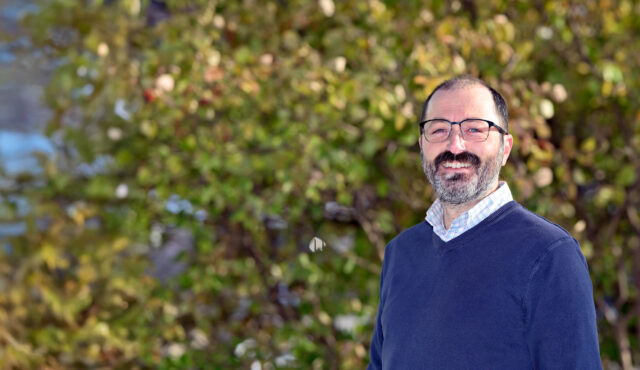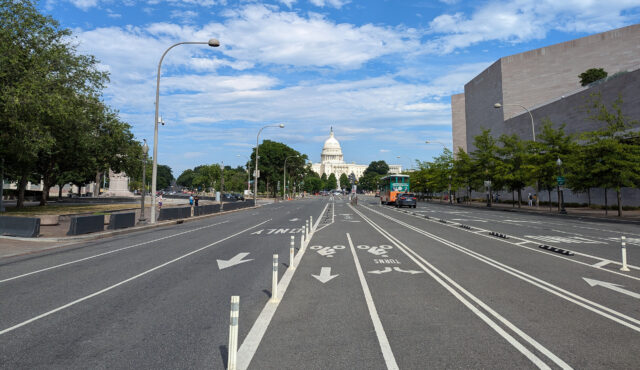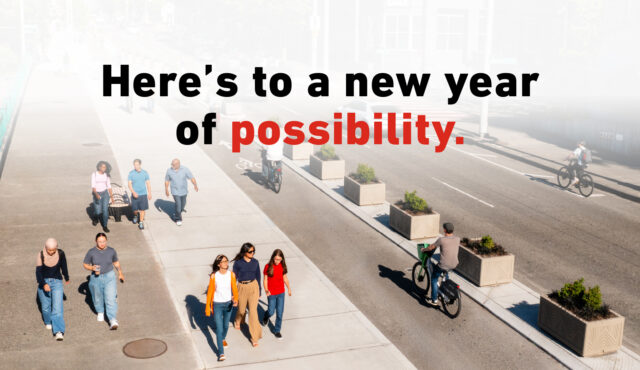
President of Toole Design
This is a dynamic time to be working in transportation. Technology is transforming travel options almost daily, and demographic trends are fundamentally altering people’s travel needs and expectations.
The transportation profession is struggling to manage the challenges created by these momentous changes, and we are not delivering improvements for the safety or comfort of the most vulnerable road users. The number of pedestrians and bicyclists killed each year on our roadways is increasing despite the availability of proven safety countermeasures and the growing popularity of Vision Zero policies.
We are locked into an approach to problem-solving that is defined by siloed professional disciplines that have been with us for almost a century.
The conventional Three Es approach of engineering, education, and enforcement, first introduced in 1925, doesn’t provide the guidance or moral compass we need to plan, design, and build a transportation system for the 21st century. We must look beyond traditional professional disciplines and across conventional boundaries to make our streets safe and comfortable for everyone.
It’s time for a new approach to transportation that is centered on the values we want to see reflected in our communities. We need to view transportation as the vital means of attaining health, happiness and fulfillment, not as an end in itself.
It’s time for a new set of Es.
THE NEW E’s OF TRANSPORTATION
We propose three new words to inspire and guide the transportation profession: ETHICS, EQUITY, and EMPATHY.
We need to center our work on values that create a more equitable society where everyone has safe and efficient access to jobs, services, shops, schools, and family and friends.
We cannot be content to follow warrants, models, and outdated formulas that maintain the status quo.
We cannot justify adding vehicle capacity and designing for speed with one hand while promising to deliver Vision Zero with the other.
The conventional approach of relying on engineering, education, and enforcement is no longer enough to ensure that our streets meet the needs of the 21st century.
A FOCUS ON VALUES
Ultimately, the new Es we have chosen to guide us reflect core values that break down the barriers between planning, design, and engineering. They align our work with public safety officials, policy makers, and the communities we serve.
Looking to the new Es is helping us confront the limitations of a century-old approach to transportation planning and design that is no longer fit for our society’s needs. Internal discussions have focused us on values and a human-centered approach to building community; this is what inspires our staff, better serves our clients, and it’s what will move our profession forward.
The values inherent in ethics, equity, and empathy should guide every planner, every urban designer, and every engineer involved in shaping our cities, regardless of where they work. We must embrace these values if we are to change the status quo and create transportation systems that are safe, efficient, equitable, and sustainable for people of all ages, abilities, and backgrounds.
Toole Design is committed to being a part of that transformation. I hope you will join us in this important conversation.
President, Toole Design


